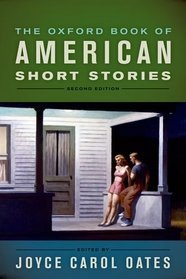Was he awed by the success of his bizarre enterprise and therefore ready to spend money to find out where in the universe being and seeming were identical? Yes, he wanted to know what abides; and whether flesh is Bible grass; and he offered money to be burned in the fire of suns.
In “Looking For Mr. Green”, Saul Bellow tackles the issue of money. George Grebe gets a job during the Great Depression handing out relief checks to an impoverished Chicago neighborhood. As the title implies, he can’t find Mr. Green, a check recipient, nor can he find anyone who knows him.

As Grebe makes his search, he encounters a woman who sets up her ironing in the relief office because she can’t get money to pay her electric bill. He meets a janitor who barely gets by and an elderly gentleman who thinks he knows the solution to the poverty issue.
Does he eventually find Mr. Green? To a certain degree, yes. Is Grebe’s problem solved by handing over the check? Maybe – at least for that day. Similar to the poverty issue, Grebe offers a quick fix that might cause problems down the road.
This story utilizes Saul Bellow’s vast knowledge of Philosophy, History, Politics, Religion, Art and Science and combines it with a great narrative and fascinating characters. After “A Silver Dish”, I think “Looking For Mr. Green” is the Saul Bellow story I would recommend next.







